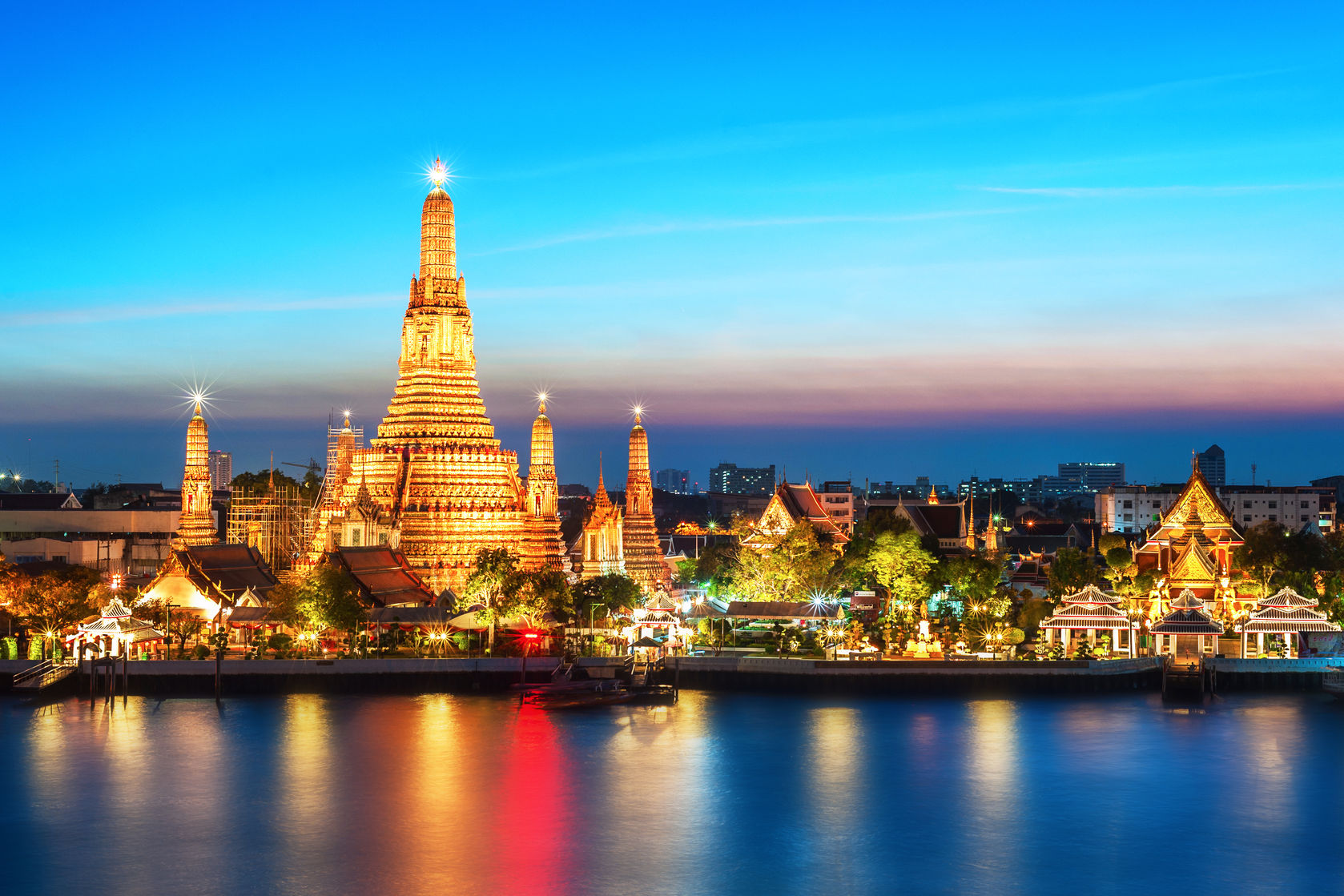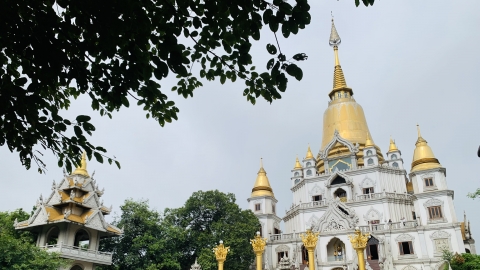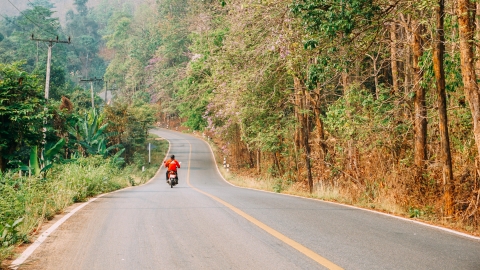From September 25, 2023 to February 29, 2024, Thailand will waive visa requirements for visitors from China and Kazakhstan.
The new policy will only last a few months to assess its impact on the economy, but it has already shown that Thailand has a clear strategy for developing its tourism industry.
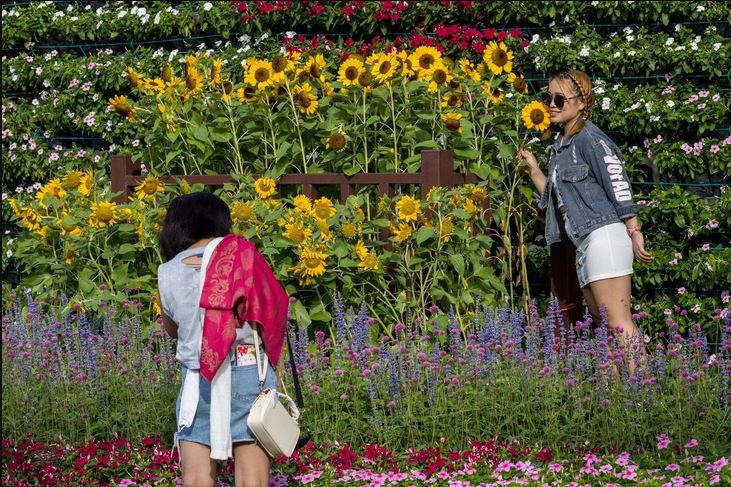
Tourists visit and take photos in Bangkok, Thailand - Photo: AFP
Looking forward to seeing Chinese tourists.
Tourism is one of Thailand's main drivers of economic growth, accounting for approximately 12% of GDP. The country welcomed around 40 million international visitors in 2019, generating revenue of $53.2 billion.
Since the beginning of the year, Thailand has welcomed over 18.5 million international visitors. By the end of the year, the number of international visitors is expected to reach 28 million. According to the Ministry of Tourism, revenue from international visitors as of September 18th is estimated at 795 billion baht (22 billion USD).
Of these, China was the largest source market for tourists to Thailand before the pandemic. In 2019, Chinese tourists accounted for nearly one-third (almost 11 million) of the 39.8 million international visitors to Thailand.
The Bangkok Post quoted government spokesperson Chai Wacharonke as saying that the visa waiver policy approved by Prime Minister Srettha Thavisin is expected to increase the number of tourists from China and Kazakhstan, and help Thailand achieve its target of 5 million Chinese tourists this year.
The Airports Authority of Thailand (AOT) anticipates that more than 120,000 Chinese tourists will arrive at Don Mueang and Suvarnabhumi airports during the first week of the visa-free policy, from September 25 to October 1.
AOT said there would be approximately 674 flights from China to Suvarnabhumi Airport during the aforementioned period, averaging 96 flights per day.
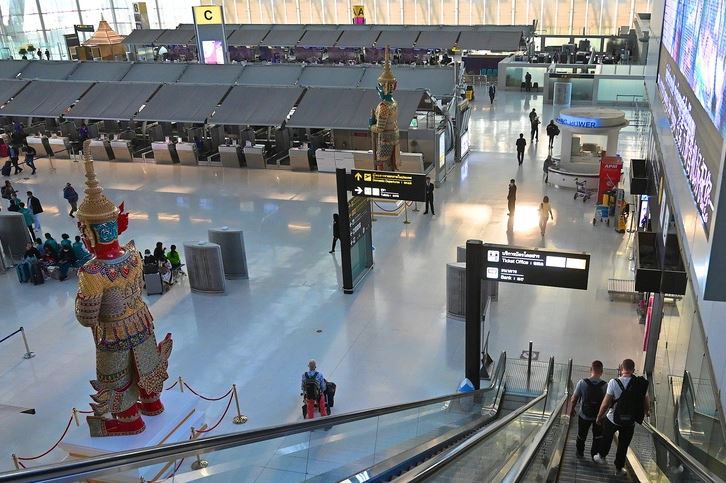
Suvarnabhumi Airport in Bangkok, along with several other airports in Thailand, will be upgraded and expanded - Photo: AFP
Overarching measures
To better serve the growing number of tourists, Thailand must invest in upgrading infrastructure and improving the quality of services.
Therefore, AOT announced it will invest 100 billion baht, approximately 2.8 billion USD, to expand six international airports within the next five years, especially the two airports in Bangkok, Don Muang and Suvarnabhumi.
In addition, to prepare for the increased number of passengers after September 25th, the Immigration Bureau (IB) of Thailand plans to increase the number of staff at Suvarnabhumi Airport.
Approximately 150 police officers are stationed at 119 immigration counters during peak hours at the airport. Each traveler will spend less than 20 minutes queuing for a visa.
The Thai government will also implement other measures such as creating promotional videos featuring actors, singers, and high-ranking officials to promote the land of temples as a wonderful destination.
TAT will promote to international tourists that the country's tourism industry is making strides to align with the global trend toward sustainability.
Prime Minister Srettha Thavisin himself planned visits to several countries to persuade their citizens to come to Thailand.
According to Bloomberg, Srettha is planning to travel to India this year to meet with his counterpart Narendra Modi. The two leaders will discuss increasing the number of flights between the two countries.
Thailand could consider other measures to increase the number of tourists from the South Asian country, such as exempting imported jewelry from taxes for Indian weddings held in Thailand.

 VI
VI EN
EN



